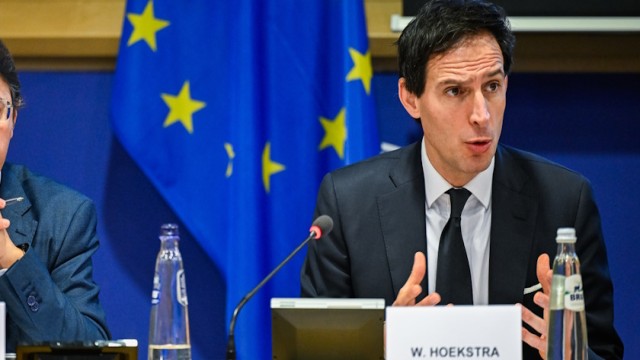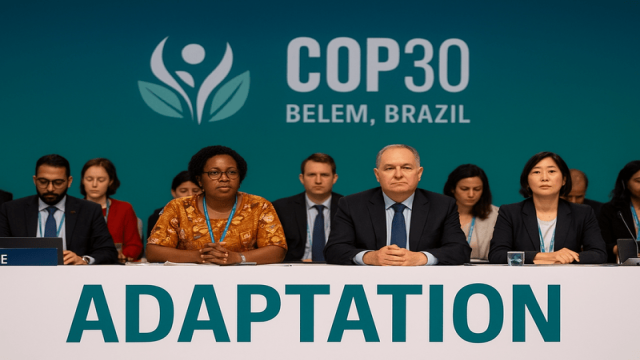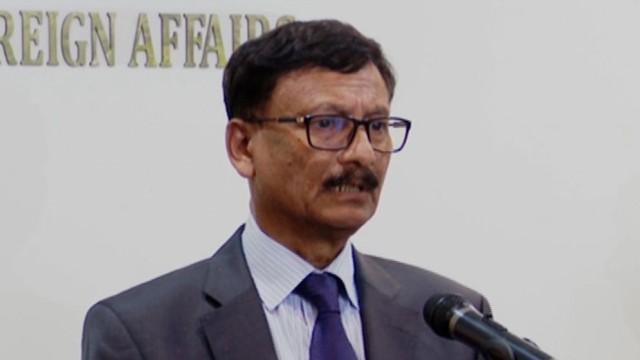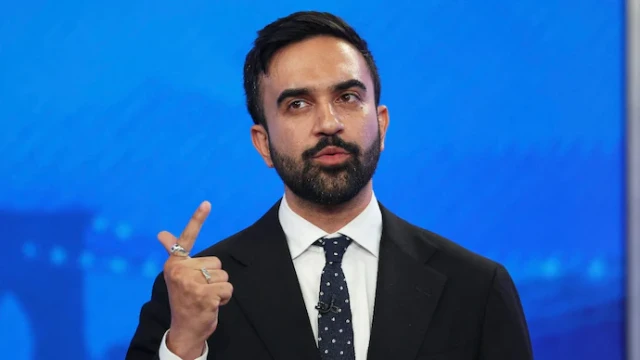BRUSSELS, July 3 (V7N) — In a move aimed at retaining industrial competitiveness while advancing ambitious climate goals, the European Commission announced on Wednesday that European companies exporting goods outside the EU will receive compensation for the costs they incur from CO2 emissions regulations within the bloc.
The announcement came as the Commission unveiled its proposed 2040 climate target, a landmark policy framework designed to put Europe on track toward climate neutrality by mid-century. The target is expected to necessitate significantly greater investments from heavy industries—such as steel, cement, and chemicals—to decarbonize their operations over the next decade.
Under the compensation plan, European exporters will be reimbursed for part of the carbon costs they face under the EU Emissions Trading System (ETS), which requires companies to buy permits for their greenhouse gas emissions. The objective is to prevent so-called “carbon leakage”—a scenario where companies relocate production to countries with weaker environmental regulations in order to avoid the costs of EU climate policy.
“Our aim is to ensure the green transition does not come at the cost of our industrial base,” the Commission said in a statement. “By offsetting CO2 costs for exporters, we are safeguarding jobs and competitiveness while keeping Europe on track to meet its climate commitments.”
The new climate target and related measures are part of the EU’s broader Green Deal strategy, which seeks to make the continent climate-neutral by 2050. While the 2030 goal is to cut net greenhouse gas emissions by at least 55%, the new 2040 target is expected to deepen those reductions significantly, placing greater pressure on industries to adopt cleaner technologies and alternative energy sources.
The Commission noted that further details on funding mechanisms, eligibility criteria, and oversight for the export compensation scheme would be released following consultations with member states and industry stakeholders.
Climate advocates welcomed the new 2040 ambition but cautioned against over-reliance on subsidies for polluting sectors. “Support should drive transformation, not delay it,” said one EU climate policy analyst. “Compensation must be tied to real decarbonization efforts.”
As the EU pushes forward with its green agenda, the balance between environmental integrity and economic resilience remains at the forefront of the policy debate—especially as global competition intensifies.
END/WD/SMA/































Comment: